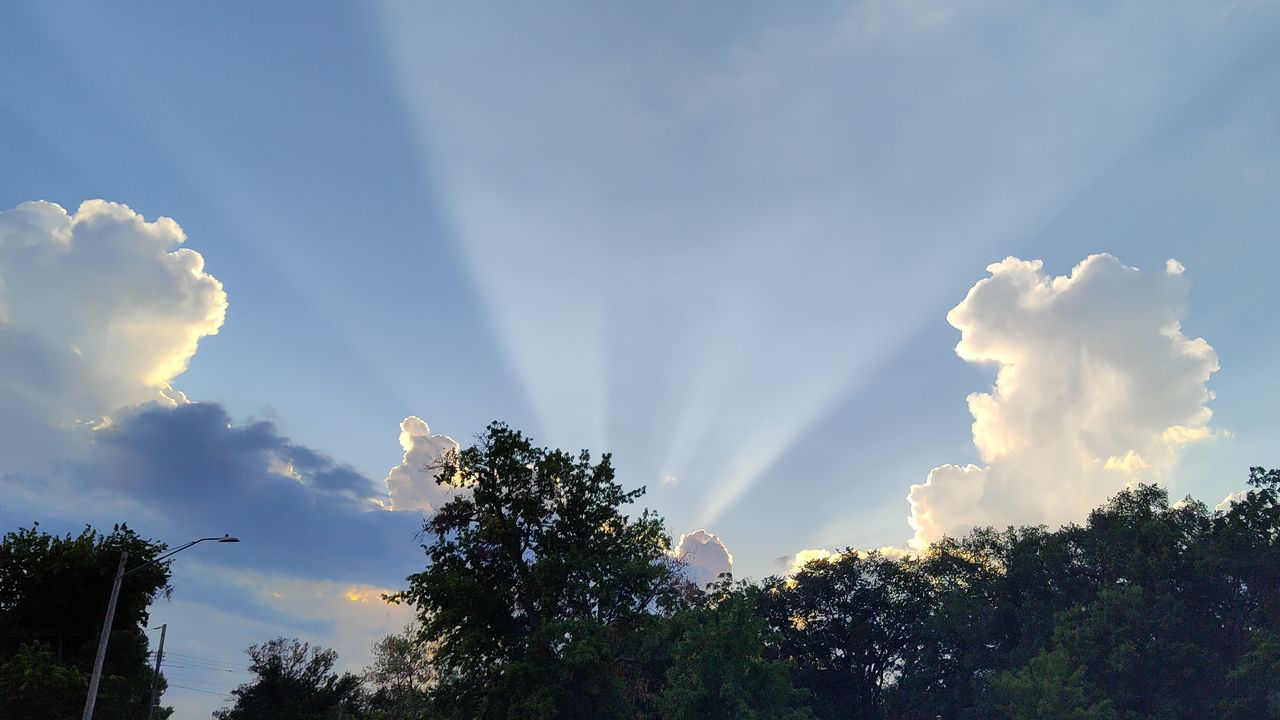Excessive heat warnings, advisories in effect for parts of Minn. Tuesday
[anvplayer video=”5126061″ station=”998122″]
Tuesday, a heat warning and a heat advisory are in effect as heat index values near 100 degrees are expected in parts of the state.
The National Weather Service (NWS) has issued the warning for 1-8 p.m., primarily in Anoka, Carver, Dakota, Hennepin, Ramsey, Scott and Washington counties.
Meanwhile, a heat advisory remains in effect for the counties to the south and west of the metro area.
Chief Meteorologist Ken Barlow reports conditions will be sunny, hot and humid, with heat index values of more than 100 degrees.
The NWS advises residents in those areas to stay hydrated, wear lightweight and loose fitting clothing when possible, stay inside air-conditioned buildings, stay out of the sun, and check up on relatives and neighbors.
Those who work outside are advised to take extra precautions, including scheduling frequent rest breaks in the shade or inside an air-conditioned building.

Viewer Josie Brugman captured this photo of sunlight through clouds on July 31, 2022.
The NWS reminds Minnesotans that young children and pets should never be left unattended in vehicles when a heat advisory is in effect.
Read additional tips via the dropdown below.
WATCH VS. WARNING
An excessive heat warning is issued within 12 hours of the onset of extremely dangerous heat conditions, according to the National Oceanic and Atmospheric Administration (NOAA). This type of warning is typically issued when the maximum heat index temperature is to be 105 degrees or higher for at least two days and nighttime temperatures stay above 75 degrees, however, those criteria can vary across the country.
An excessive heat watch is issued when conditions are likely for an excessive heat event in the upcoming 24 to 72 hours.
An excessive heat outlook is issued when there is potential for an excessive heat event in the upcoming three to seven days.
HOW TO PREPARE AT HOME
NOAA suggests drinking plenty of water and eating cool, easy-to-digest foods such as fruit or salads while inside. Take a cool bath or shower. Use air conditioners or spend time in air-conditioned locations. Do not direct the flow of portable electric fans toward you if the room's temperature is over 90 degrees; the blowing air is more likely to dehydrate you faster. Make sure rooms are well-vented.
HOW TO PREPARE IF OUTSIDE OR AWAY FROM HOME
According to NOAA, if you must go out during excessive heat events, you should dress in lightweight, loose clothing that reflects heat and sunlight. Drink plenty of water and minimize exposure to the sun. Do not leave valuable electronic equipment, such as cellphones and GPS units, in hot vehicles. Children, seniors and anyone with underlying health conditions should stay in the coolest places available to them.
KSTP’s complete severe weather guide
